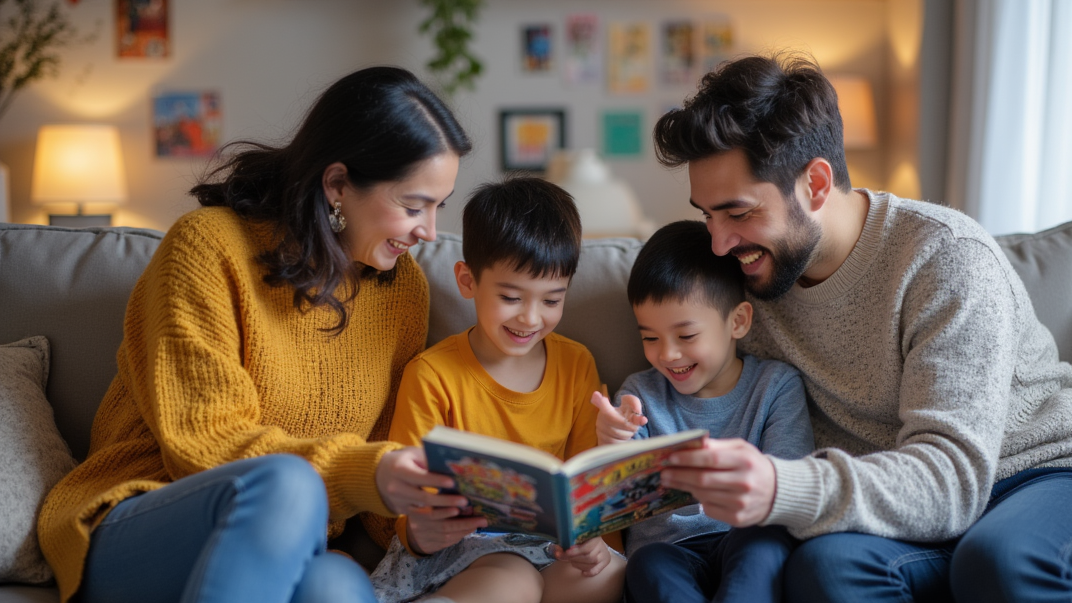Today’s millennial and Gen Z parents are approaching child-rearing with fresh perspectives, blending technology, psychology, and sustainability into their parenting philosophies. Gone are the rigid rules of previous generations—replaced by a more conscious, adaptable approach that prioritizes emotional intelligence and real-world readiness.
Young parents navigate the tricky balance between screen time and sensory play. Many use educational apps strategically while enforcing “tech-free zones” during meals and family time. The key? Quality over quantity—choosing interactive learning tools over passive entertainment.
The authoritarian model is fading as evidence-based techniques flourish. Parents now focus on:
- Emotional validation over punishment
- Collaborative problem-solving
- Natural consequence learning
Studies show this fosters resilience while reducing childhood anxiety—a pressing concern in our high-pressure world.
From cloth diapers to wooden toys, sustainability shapes parenting choices. Urban families especially embrace:
- “Green” school supplies
- Plant-based lunchboxes
- Secondhand clothing swaps
This environmental mindfulness often doubles as financial wisdom in inflationary times.
Isolated nuclear families are reviving communal support through:
- Parenting subreddits for real-time advice
- Shared childcare cooperatives
- Virtual grandparent help via video calls
These digital-age solutions combat the loneliness of modern parenting.
Forward-thinking parents emphasize:
- Coding alongside ABCs
- Financial literacy through allowance apps
- Cultural competency via language immersion
The goal? Raising adaptable global citizens.
This evolving approach reflects young parents’ desire to raise well-rounded humans—equipped for a world vastly different from the one they knew as children. The revolution isn’t coming; it’s already here.






